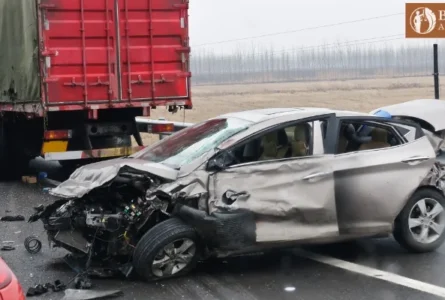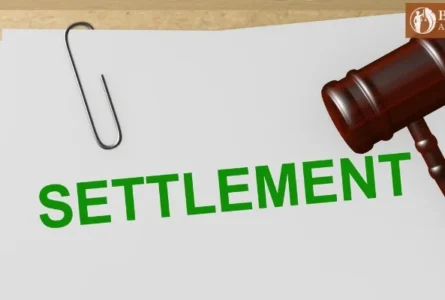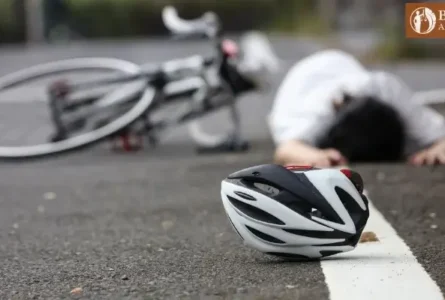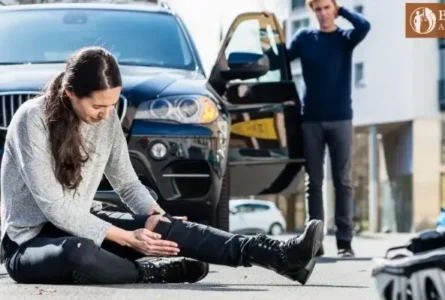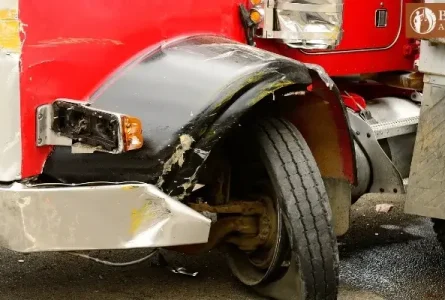Blog
Most Common Causes of Car Accidents in Albuquerque,…
This has probably happened to you at some point or another: You are driving on the highway when…
Common Car Accident Injuries In Albuquerque, NM
If you are injured in a car crash, it is essential to avoid moving too fast to settle.…
Personal Injury Settlement Amounts Examples in New Mexico
Personal injury settlement amounts depend on the unique circumstances of each case. A victim’s injuries will directly impact…
Most Common Causes of Bicycle Accidents in New…
Bicycling in New Mexico is a common form of transportation for commuting to work, recreational and leisure purposes,…
Benefits of Accident Reconstruction in New Mexico Personal…
Accident reconstruction is an important aspect of New Mexico personal injury claims, as it helps to determine what…
Different Types of Wrongful Death Lawsuits in New…
Experiencing the death of someone dear to you is devastating in its own right, but it becomes exponentially…
How Is Pain & Suffering Calculated in New…
Personal injury cases mostly recover compensatory damages, which include economic and non-economic damages. Non-economic damages encompass many types…
The Harsh Reality of Injuries Sustained When Hit…
Being involved in a vehicular accident can be difficult, but getting into one with a semi-truck can be…
Request A Case Evaluation
Fields Marked With An “*” Are Required

